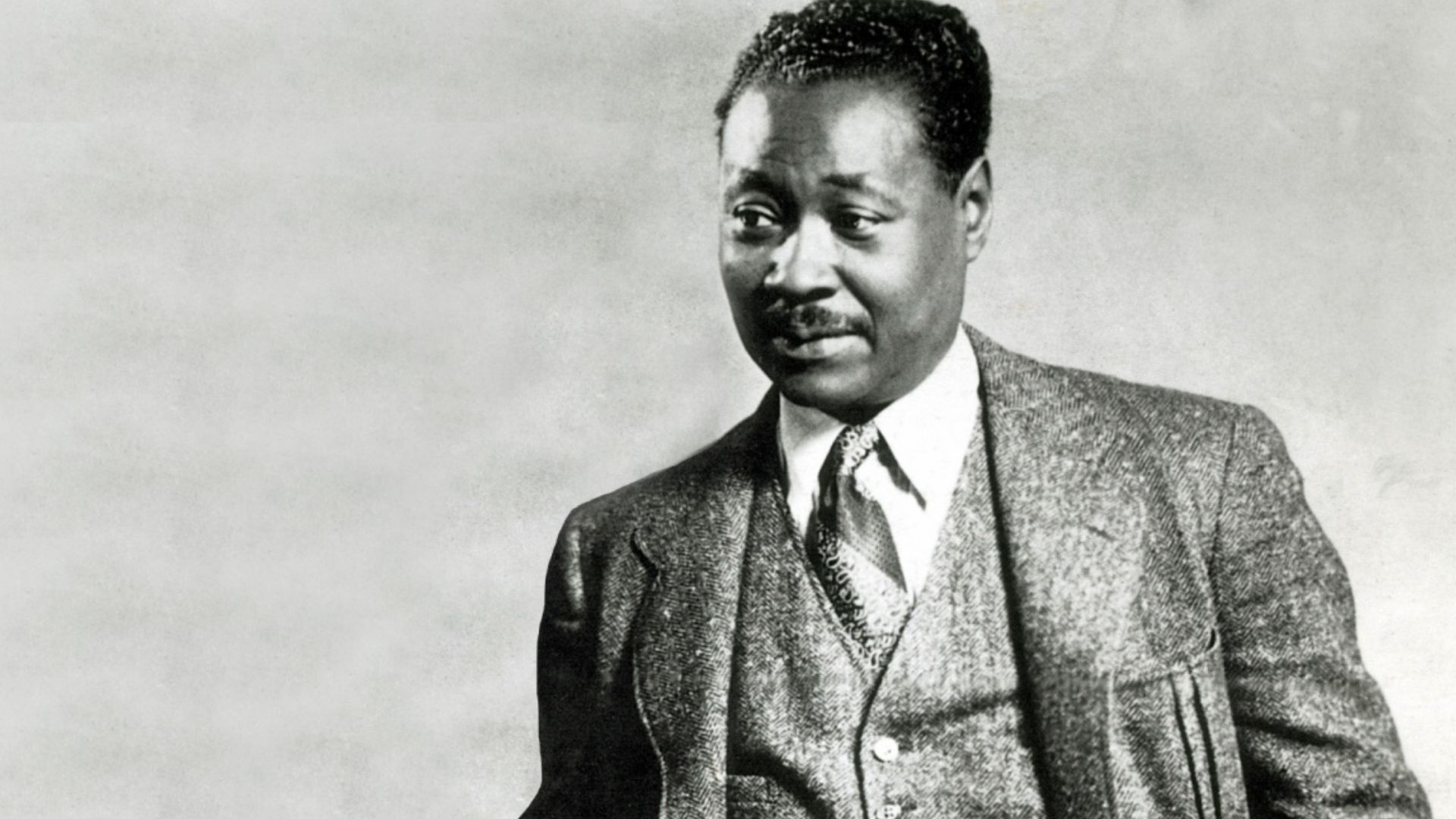Exhortation: Summer 1919 Poem by Claude McKay
Exhortation: Summer 1919
Through the pregnant universe rumbles life's terrific thunder,
And Earth's bowels quake with terror; strange and terrible storms break,
Lightning-torches flame the heavens, kindling souls of men, thereunder:
Africa! long ages sleeping, O my motherland, awake!
In the East the clouds glow crimson with the new dawn that is breaking,
And its golden glory fills the western skies.
O my brothers and my sisters, wake! arise!
For the new birth rends the old earth and the very dead are waking,
Ghosts are turned flesh, throwing off the grave's disguise,
And the foolish, even children, are made wise;
For the big earth groans in travail for the strong, new world in making--
O my brothers, dreaming for dim centuries,
Wake from sleeping; to the East turn, turn your eyes!
Oh the night is sweet for sleeping, but the shining day's for working;
Sons of the seductive night, for your children's children's sake,
From the deep primeval forests where the crouching leopard's lurking,
Lift your heavy-lidded eyes, Ethiopia! awake!
In the East the clouds glow crimson with the new dawn that is breaking,
And its golden glory fills the western skies.
O my brothers and my sisters, wake! arise!
For the new birth rends the old earth and the very dead are waking,
Ghosts have turned flesh, throwing off the grave's disguise,
And the foolish, even children, are made wise;
For the big earth groans in travail for the strong, new world in making--
O my brothers, dreaming for long centuries,
Wake from sleeping; to the East turn, turn your eyes!
This is a mind-boggling poem. I am confused about the exact theme, there seems to be multiple ones. I would very much like an explanation, if anyone is willing to provide me with one. Thank you. Laura McPharren
This poem has not been translated into any other language yet.
I would like to translate this poem
Hello, I was in the process of researching for a paper when I came across your message; I'll gladly explain some of the dynamics at work in McKay's poem. The best way to understand McKay's poem is to look at the title. There is one part that is obviousMcKay is essentially making a call to action on the part of African-Americans of the day (explaining why he chooses to title it 'Exhortation'; what people generally overlook is the significance of 'Summer 1919.' The Summer of 1919 is actually a reference to what is more commonly known as the 'Red Summer, ' a period between May and December of that year that would feature a record number of lynchings of African-Americans throughout the country (both in the South and the Midwest) . McKay's constant references to the East are of course a reference to mother Africa, which is not accidental; 1919 was also the year that Marcus Garvey would see the height of his 'Back To Africa' movement, which carried a sizable following in America and the West Indies. The Harlem Renaissance also brought about a heightened awareness of Africa for Black Americans, and McKay is indeed writing out of this period. After the end of WWI, Black soldiers were returning home to a country that allowed them to fight under its flag abroad yet refused to grant them equal rights at home because of Jim Crow segregation. This is what prompts McKay to write this 'exhortation.' McKay's constant reference to 'crimson' is significant as well. While it conjures imagery of a new day/age, it also may be interpreted as a foreboding warning to violence or as a reference to lynching (red/crimson imagery in African-American literature has traditionally referenced violence, as in J.W. Johnson's -Autobiography of an Ex-Colored Man- and Richard Wright's -Uncle Tom's Children-) . The poem incorporates this trope to reference the 'Red' Summer and possibly foretell of future violence that could result from this 'awakening.' McKay of course is most famous for his poem 'If We Must Die, ' (definitely worth a look) also written around this time. Ironically, Winston Churchill would use the poem to exhort British soldiers in WWII nearly two decades later. I apologize for the lengthy response; I was very disappointed at the poem's low rating and thought that perhaps the poem was misunderstood. Poetry of course should provide a certain sense of immediate satisfaction, but it is indeed written within the confines of history and should be appreciated as such (which is why I was glad you posed the question about the poem) . I hope that this (lengthy) explanation helps in appreciating this poem (and McKay's work as a whole) : -) Best, Jason